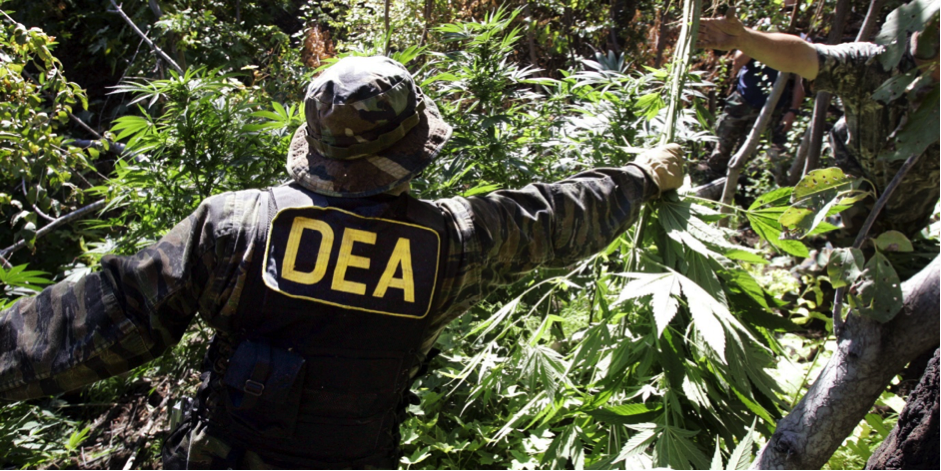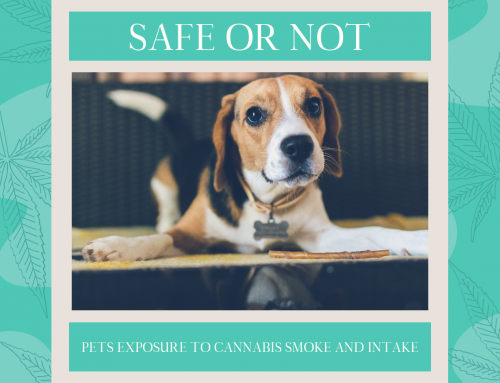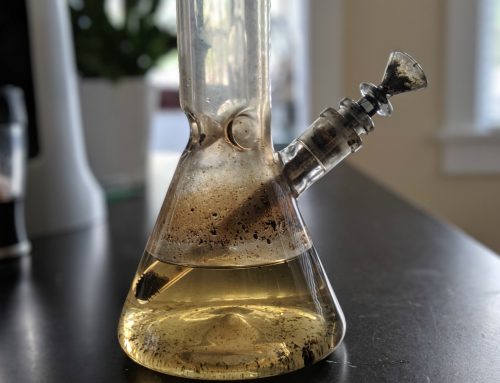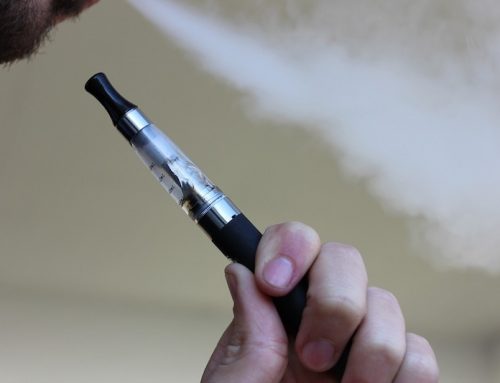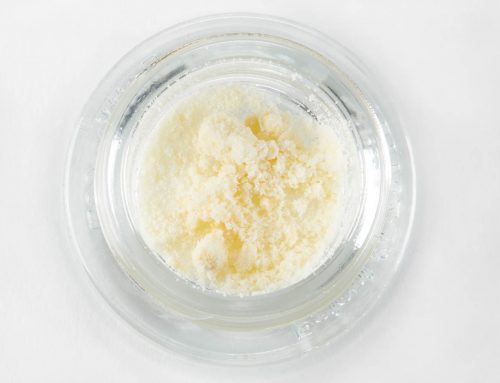It’s not very often to hear of the highest-ranking authorities backtracking on previous comments and admitting they were wrong. In the rare instances though they do, it’s equally uncommon for them to make much of a song and dance about it. Instead, what happens takes place somewhat quietly, minimising embarrassment and with little to no fanfare.
There’s been a particularly interesting development this week, with regard to what exactly the Drug Enforcement Agency has to say on the subject of cannabis use. For the most part, the DEA website has always existed as the kind of resource you head over to, if you want to scare yourself to death about the apparent ‘horrors’ of cannabis. The DEA has pulled no punches in telling every man, woman and child that cannabis is illegal because it is a dangerous drug – one that not only causes brain damage and lung cancer, but can also increase the likelihood of the respective individual getting on to harder drugs.
All of which we of course know to be complete and utter garbage, but it’s nonetheless been the gospel according to the DEA for quite a while.
That is, until now.
Mysterious Vanishing Act
Unless you’ve been keeping an eye on the DEA website as of late, chances are you wouldn’t really notice any major differences if you visited it today. However, if you’ve been watching things as closely as some, you would notice that the DEA has, apparently of its own accord, removed a pretty extensive collection of dangerous and damaging myths and untruths about cannabis. Well, that’s how it looks on the surface, but the truth of the matter is that they have been forced to remove said comments, following a hard-fought campaign by those who prefer to work with the facts.
What actually happened is that the DEA silently removed a 45-page document from its website, which was entitled “The Dangers and Consequences of Marijuana Abuse.” The document has disappeared without a trace and with absolutely no comment from the powers that be.
Just to give you an idea of what exactly the document detailed, it was pretty much a wall to wall piece of prominent propaganda, featuring extracts such as the following:
“Legalization of marijuana, no matter how it begins, will come at the expense of our children and public safety. It will create dependency and treatment issues, and open the door to use of other drugs, impaired health, delinquent behaviour, and drugged drivers.”
Suffice to say, the kind of misinformed, misguided and downright dangerous lies that are right now making it difficult for cannabis campaigners to get lawmakers and the public in general to see things as they really are.
Executive director Steph Sherer of Americans for Safe Access commented that this early move “could mean the end of the Washington gridlock” over cannabis policy.
“This is a victory for medical cannabis patients across the nation, who rely on cannabis to treat serious illnesses. The federal government now admits that cannabis is not a gateway drug, and doesn’t cause long-term brain damage, or psychosis,” she said.
“While the fight to end stigma around cannabis is far from over, this is a big first step.”
Americans for Safe Access led the campaign to ensure that the DEA could not and would not get away with misleading the public, which in turn led to something of a review with regard to the information being provided on the agency’s website. On the whole, it was found that a total of 25 dangerous untruths were present and subsequently had to be removed – 23 of which were in the single document alone.
The Winds of Change?
Now, it’s probably safe to say that this is exactly the kind of thing that could go either way when it comes to prominent individuals like newly-confirmed US Attorney General, Jeff Sessions. As far as the US cannabis community is concerned, the only logical way forward for the industry and the country as a whole is to recognise exactly what is and isn’t true to say about cannabis, with the ultimate intention of revisiting classification of cannabis at a Federal level.
The DEA has been contacted by Americans for Safe Access, with the campaign group having pointed out how Sessions has “made several statements demonstrating his beliefs that cannabis is a gateway drug and that its psychological effects are permanent.”
“As the top law enforcement official in the nation, Mr. Sessions must have access to accurate information based on current scientific data in order to make informed decisions regarding the enforcement (or non-enforcement) of federal drug laws,” the letter continues.
“Allowing Mr. Sessions to make law enforcement decisions based on biased, out-of-date information does a tremendous disservice to ASA’s members and the American people at large.”
His comments would seem to suggest that he himself has bought into the same kind of senseless propaganda which the DEA has been publicising until this very week. It’s all well and good for figures at such a high level to have their own personal opinions on cannabis – it’s something else entirely for them to perpetuate dangerous and wholly outdated untruths.
Federal Law
As things stand right now, anyone involved in the fledgling cannabis industry to any extent whatsoever is living in a state of perpetual uncertainty and confusion. Confusion as to where they stand, uncertainty as to where they are likely to stand in the months and years to come. The problem being that while ever cannabis remains illegal at a Federal level, things are being made unnecessarily difficult for the cannabis industry, not to mention those both providing and using medical marijuana as an essential lifeline.
While the cannabis community is united in its calls for a change in Federal law, Jeff Sessions recently went on record to state that he will not rule out enforcing Federal law, should he determine it necessary to do exactly that. On the plus side, this recent 180º from the DEA quietly but effectively gives the suggestion that lawmakers are beginning to listen to common sense – even if only when forced to do so.
The industry may not be in the clear yet, but the removal of these outlandish comments by the DEA nonetheless signifies at least a small win for both the cannabis community and common sense in general.
It may only be a very small baby step, but it is most certainly a step in the right direction.

